 “The discussions may be difficult, but the positives are many. We cannot change what we are unaware of, and once we are aware, we cannot help but change.”
“The discussions may be difficult, but the positives are many. We cannot change what we are unaware of, and once we are aware, we cannot help but change.”
One of the risks of initiating an online discussion on a book I hadn’t read was running into issues that are hot buttons in Christian circles. For me, it was a calculated risk because the issues in Sheryl Sandberg’s book are so important and worth discussing openly.
This week’s topic is no exception, although some will need to buckle up, as Sandberg bookends this week’s chapter by weighing in on feminism—a curse word in many Christian circles that, like it or not, more and more young Christian women are embracing.
Author Sarah Styles Bessey provides a bold example in her post, “Reclaiming Feminist”. Sarah’s book on the subject comes out in November: Jesus Feminist: An Invitation to Revisit the Bible’s View of Women.
I realize feminism is controversial in the American evangelical community, but we should not condemn or avoid a topic simply because it is controversial. Instead, we can take courage and boldly launch into the gender issues raised in this Lean In chapter. So as we launch into Ch 11: Let’s Start Talking About It (one of Sandberg’s longest chapters), don’t be shy about thoughtfully engaging these important issues.
Jesus did not give us a spirit of fear, but of freedom.
Sandberg’s Take
Having grown up in a world of firsts for women—Golda Meir in Israel, V.P. nominee Geraldine Ferraro, Supreme Court Justice Sandra Day O’Connor, and astronaut Sally Ride—Sandberg entered college assuming the feminists of the 60s and 70s had succeeded in achieving equality and that the days of feminism were over. Sandberg embraced the mindset sociologist Marianne Cooper observed in women students in her 2011 article, “The New F-Word.”
“Even though her students were interested enough in gender equality to take an entire class on the subject, very few ‘felt comfortable using the word “feminism”‘ And even ‘fewer identified themselves as feminists.’ . . . it was as if ‘being called a feminist was to suspect that some foul epithet had been hurled your way.'” (p.142)
This reluctance was due in part to the “negative caricature of a bra-burning, humorless, man-hating feminist.” (p.142)
Yet, in the workplace, Sandberg found that “while gender was not openly acknowledged, it was still lurking below the surface.”
She was blindsided when someone attributed her promotion to her being female vs her merit. Yet defending herself risked sounding like a “strident feminist.” Pointing out the disadvantages women face in the workplace was often perceived as “whining or asking for special treatment.” Then, because she wasn’t “one of the guys,” there was always the pressure to “fit in.” At a company outing—a deep-sea fishing trip—she went so far as to smoke a cigar. (p.143)
Everyone has their a-ha moments. The resulting nausea and cigar odor that lingered afterwards gave Sandberg one of hers.
So instead of keeping her head down and trying to fit in, Sandberg decided to speak out about the gender barriers that still limit women—”to talk about gender without people thinking we were crying for help, asking for special treatment, or about to sue.” (p.145)
She challenges women to speak up with their male colleagues about gender bias.
“Shutting down discussion is self-defeating and impedes progress. We need to talk and listen and debate and refute and instruct and learn and evolve.” (p.149)
Sandberg wraps up by embracing the feminist label, defined as “someone who believes in social, political, and economic equality of the sexes” and warns that “progress turns on our willingness to speak up about the impact gender has on us.” (p.158)
My Take
Gender issues are out in the open in both this Lean In series and the series I’m also doing on Spiritual Abuse.
Sandberg challenges us to become full participants in the workplace and to build stronger more collaborative relationships with the men with whom we work. She encourages women to bring their full-selves to the table and argues that it is better for women and for men when we do that.
The spiritual abuse blogs take up the dark side of this engagement, reminding us how badly things can go, how destructive this can be, and striving to create awareness that will prevent abusive, intimidating situations from getting started in the first place.
Gender bias issues Sandberg raises focus more on the cultural personal often subliminal dynamics that inhibit women in the male dominated work place. Of course the male dominated workplace may include abusive behavior (or spiritual abuse in a Christian workplace).
To my mind, gender dynamics in the workplace are a microcosm of the much deeper theological issue of how men and women work together, no matter who is on top (no pun intended).
Ultimately, this is a creation/gospel/kingdom issue. For followers of Jesus, these are the deeper questions. God’s vision in the beginning was for his male and female image bearers to join together in doing his work in the world. The alliance between male and female is a powerful kingdom strategy that the Enemy dismantled in the fall by dividing us from God and from each other. Instead of a Blessed Alliance, it has been the battle of the sexes ever since. Jesus’ gospel restores our broken relationships—with God and with each other—and puts us back on mission.
The stakes are high for how well men and women work together. The potential for God’s kingdom is limitless.
I found it reassuring when Sandberg cited the study at Harvard Business School when by intentionally encouraging collaboration among men, women, and international students they found “overall student satisfaction went up, not just for the female and international students, but for American males as well.” (p.157)
I’m not sure, but has someone at Harvard Business School been reading Half the Church? I’d like to think so!
A frustration I share with many other Christians is that we aren’t leading the charge when it comes to gender issues—that we are not the first to speak up fearlessly against injustices of any sort within our ranks, as well as within our culture and beyond. In a very real sense Sandberg’s chapter is about courage—the courage to be strong and speak truth to power as we encounter it. When we do so, we are not merely speaking for ourselves but for a myriad of others. What may seem like relatively minor struggles, compared to what other women and minorities are enduring, are actually related to their struggles. Speaking up in the workplace can free us to invest ourselves in those larger issues.
Like it or not, we are daughters of those first courageous feminists. The legacy of those Christian suffragettes who stood up for women’s right to vote and battled against slavery belongs to us. Their courage should inspire us all.
It can be hard to speak up and to risk being misunderstood, but our Christian brothers need us to be courageous and will be all the better for it. Besides, courage is contagious. Little ezers will face a better world tomorrow if we talk down fear today and they learn courage from us.
That’s the beauty of the ezer.
So let’s start having those conversations and see how God might work among us.
So What’s Your Take?
It is particularly important in this blog to hear from you. This is an opportunity for us to en-courage one another. So feel free to jump in with your thoughts on these and other questions:
How have you encountered gender issues within the evangelical community? Are we in denial of the presence of gender bias within Christian circles? Why or why not? If you could speak openly to our Christian brothers about gender issues, what would you want them to understand? Why do we avoid these kinds of conversations? How do negative attitudes toward feminism stand in our way? Why do you think feminism is a subject we need to thoughtfully engage or to avoid?
Lean in with your comments!
Here is the complete series on Spiritual Abuse:
- It all started with Lean In: Seek and Speak Your Truth
- Part 1: This Can of Worms Must be Opened!
- Part 2: The Perfect Storm
- Part 3: The Many Faces of Spiritual Abuse
- Part 4: Identifying the Triggers of Spiritual Abuse
- Part 5: Standing Up to Spiritual Abusers
- Part 6: The Underlying Belief System of Spiritual Abuse
- Part 7: The Enablers of Spiritual Abuse … or When Silence isn’t Golden
Dr. Phil Monroe on Spiritual Abuse:
- Spiritual Abuse: What it is and Why it Hurts
- Why Do Some Spiritual Leaders Abuse Power?
- What Factors Support the Use of Spiritual Abuse?
- Four Belief System That Support Spiritual Abuse
- Do You Enable Spiritual Abuse?
- Failures to Act—Why we don’t always blow the whistle on abuse
Also by Frank A. James: Structural Patriarchy’s Dilemma for Women
Mary DeMuth: Spiritual Abuse: 10 Ways to Spot It
Rachel Held Evans: Series on Abuse




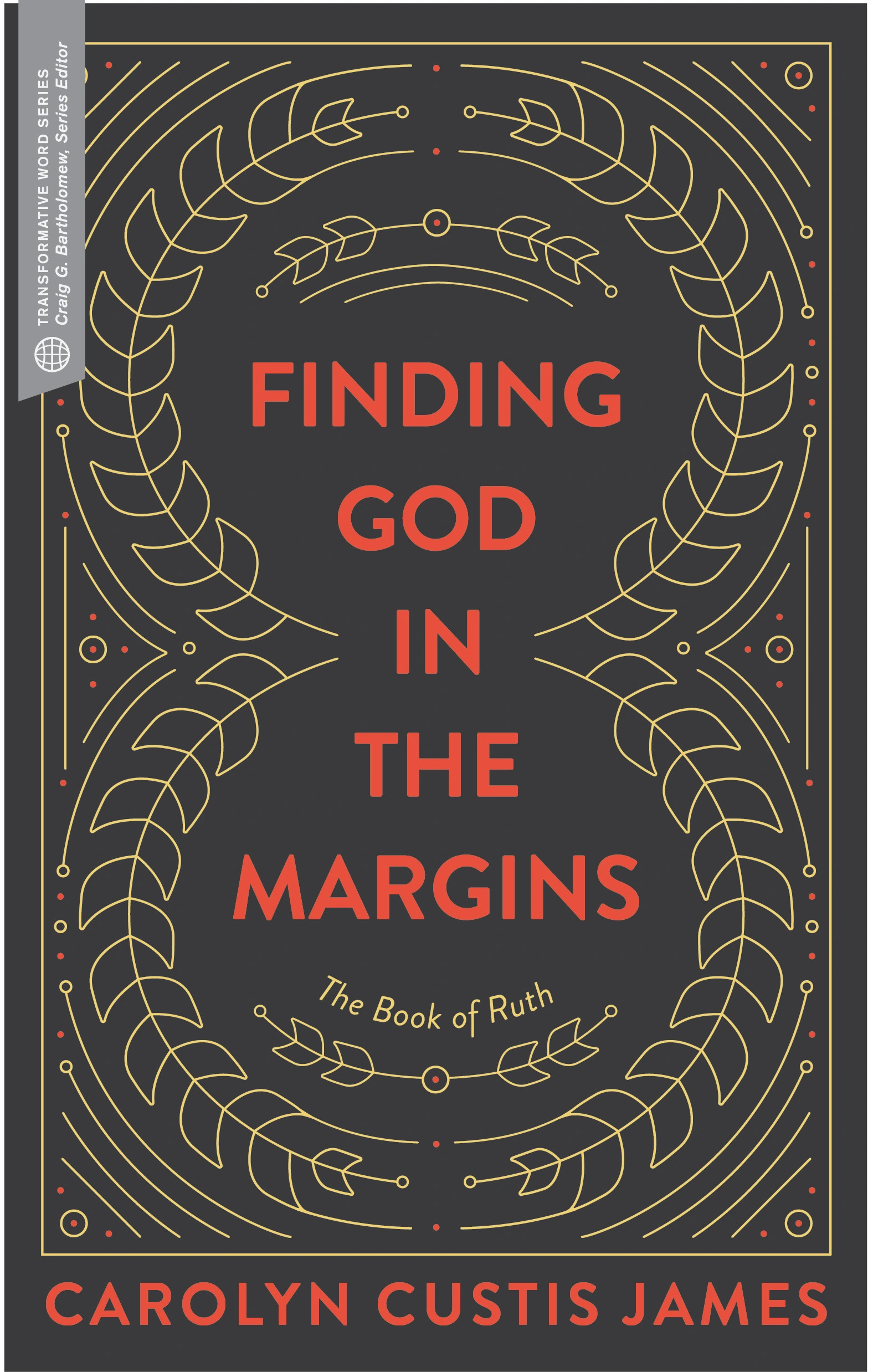
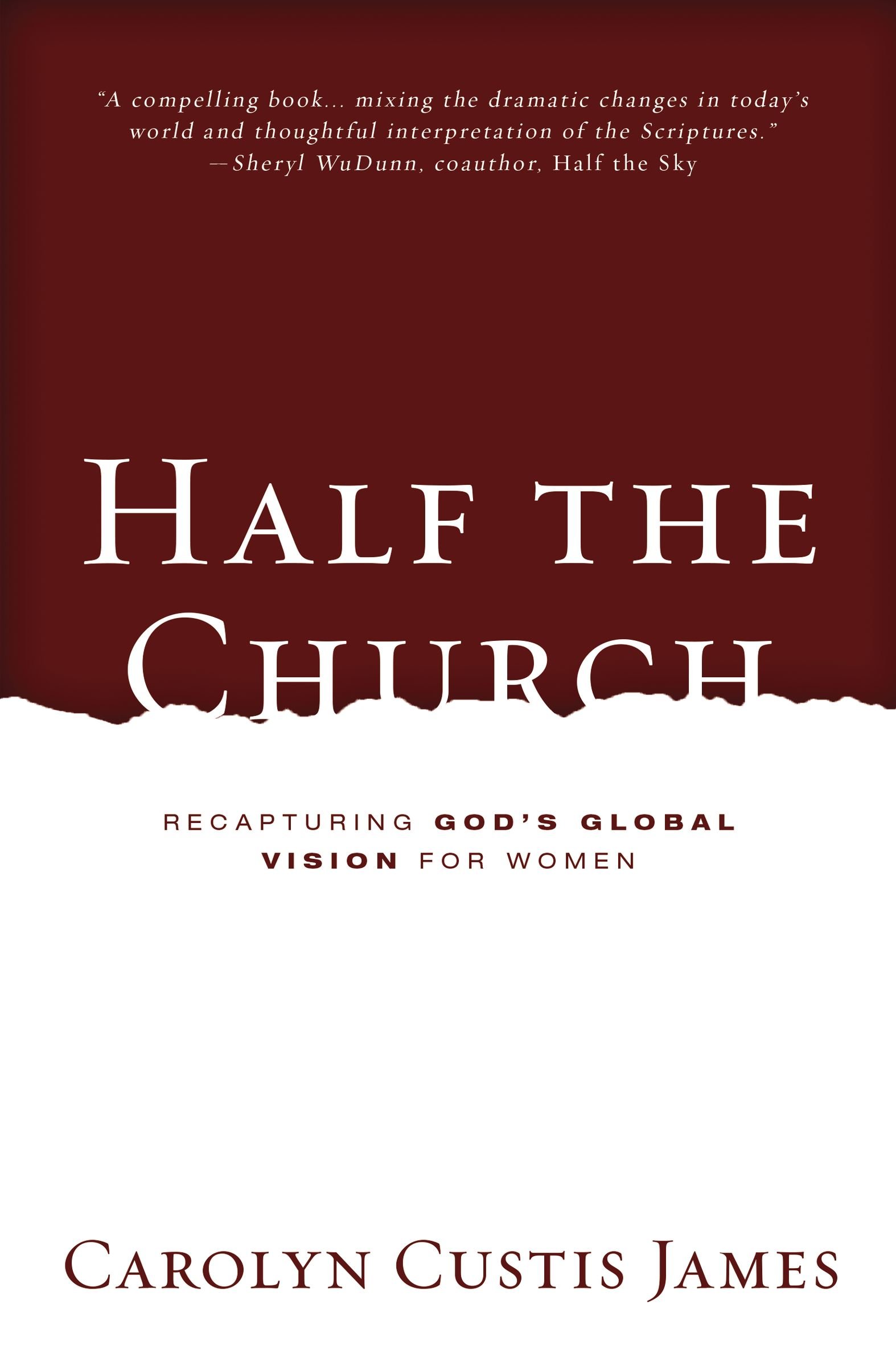
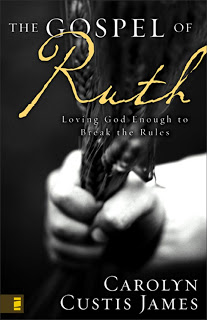
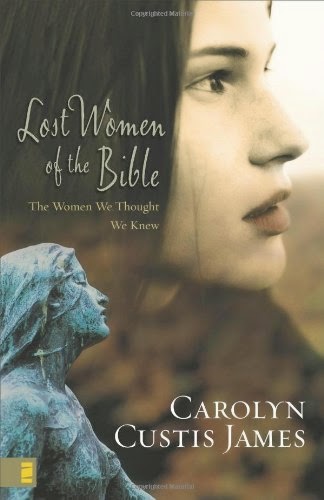






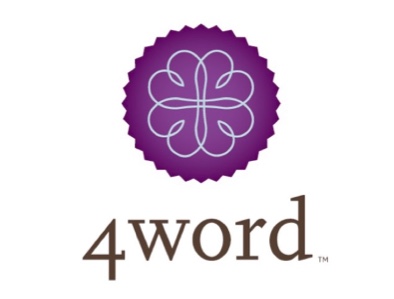
Carolyn, you ask hard questions! Are we in denial about gender bias? I would say absolutely, positively, yes. It's not allowed. There is no gender bias, but gender roles that have been dictated by our creator. These positions cannot be questioned due to the fact God ordained the order. This is a road block that makes any conversation, any dialogue incredibly difficult. To be courageous, means you are now somehow questioning the very wisdom of God! I obviously don't agree with this interpretation, but the reality is the majority of evangelical circles posture themselves in this manner, which makes discussion almost impossible. How can one possibly question God?
If I could ever speak openly, which would be an amazing moment of joy, I guess I would say that I am not here to challenge you, but to work with you. I am not hear to compete, but to come alongside, I am not here to devalue, but to esteem in a deeper way. I am here, because God brought me to rule with you in a blessed way…. One can dream.
I think the “f” word feminism has been stigmatized by actions of the past. Again, the other “f” word fear comes into play. Along with fear, feminism has come to represent what is evil or secular. Like many other words, subjects, and theology, I am often left wondering if our fears keep us from having intelligent, thoughtful conversation to learn, grow, understand and appreciate men and women.
Fear is powerful. It keeps us from engaging. I find much irony when we are told, perfect love casts out all fear, yet I observe confounding amounts of it when trying to just talk.
So courage is needed. Live what is true in your marriage, in your church, in your family and in your community. Pray for the grace to continue, despite the setbacks, the pain, the shame and loneliness. Uphold others, support women and the brothers who are including. We've got to work together it is time.
LikeLike
Sandy: I would never have considered myself a feminist…not in a million years. But then I read “WHEN EVERYTHING CHANGED” by Gail Collins. It is the story of my life. I was 14 as the book opens and 62 at the end. I still was not a feminist during those years but something has happened in me. Life, Christ, Carolyn 😉 and my thinking has radically changed. And is continuing to change. these blogs plus writings of other women, including Sheryl Sandberg and Sarah Styles Bessey, have made me think about how I think, and why I think the way I do. It's an amazing journey.
LikeLike
There are a few points that stand out to me: First, young women…and old women…deny being feminists. So. True. I see this all the time in my classes. When I bring up gender theory in class there are sighs and rolling eyes from men and women. I think that these students A) haven't seen discrimination and B) wouldn't recognize it if they did. After all, they're terribly young, and they sit next to each other in the same college classes. The subtle rhetoric of male agency escapes many women, too. They think, “Oh, I'm just not an outspoken person. I don't like to contribute,” etc. Their male counterparts have, often, far less substantive thoughts to share, but they feel free to explore their ideas. I love that they do! But WOW, do I wish women would speak up.
I was in a doctoral seminar once, and Margaret Miles, Dean of Union Theological Seminary, art and church historian, grand dame feminist, came to speak. She was invited because of a series of pieces she'd written about 14th-century Roman art, but I couldn't get enough of her perspective on women in the academy. She was speaking about the art, and a white male colleague raised his hand and said, “Dr. Miles, do you think your being a woman has affected your perspective on your work?” I kid you not. I was mortified. He should have been, but he's never been taught that he, too, has a gendered perspective that affects his work.
Outside of professional circles, women don't want to claim feminism because they just don't understand that feminism is simply affirming the dignity of all persons. My mother would absolutely not call herself a feminist, but I dare you to try to get in her daughter's way. You will pay dearly. And she begs and pleads with me to do more and be more of what I want to be and was created to be. This is feminism.
The reason I think it's important that the term be rid of its malignant connotations is that naming a movement or a mindset gives it focus. A mushy commitment to what you think is right is nice, but it doesn't cohere you to others whose commitments align in places with yours. It's like calling ourselves Christ-followers. That encompasses a lot of people with whom I'd never be grouped if it weren't for our commitment to the truth of Jesus. But it makes me more tolerant and generous with those people. I seek to find our commonality and work from there. The same type of charity and working together could happen if we just own what we are. We are feminists. (I'll continue in another post.)
LikeLike
The other point I want to address is the paradox of wanting to fit in. I don't think we really want to fit in, as Sandberg suggests. We want to be acknowledged and accepted as women. I HATE that women need to receive that from anyone, but it's true: the ones who hold the power get the noun. And the veto power. I recall being a pregnant grad student and trying to find a place to nurse on campus. There wasn't one. And I remember asking my department head if I could bring my infant to class on occasion, promising that he would be gone the second he disrupted the class. Nope. Can't do that. So, in essence, what the academy wanted was my brain, but the body on which another was dependent was a nuisance. I would handle that so differently now. That man, who was kind and giving and gracious, didn't even realize that what he was doing goes directly against every principle he upheld professionally and personally. He was truly blind to the misogyny. This blindness is rampant. I should have called him out. We should all call it out every single time. But first, we need to see it. When that professor told me no, I was embarrassed for having asked, embarrassed because I got knocked up (married, and still feeling the stigma of the phrase “knocked up”), embarrassed because I had breasts and that I had called my superior's attention to all these things. I was supposed to be strong and impervious and brilliant. I was supposed to be a 25-year-old single man. I shouldn't have been embarrassed. I should have been mad.
Sandberg is right: What she calls us to do in this chapter is to stake our claim at the table AS WOMEN. This is a nuance that has not been this strongly stated until now. I'm glad to read these forceful terms!
LikeLike
I am not a feminist. To be more accurate, I won't accept, let alone embrace, that label. I was once a feminist, and went through many of the “firsts”: first girl in my high school stage band, only girl in my Explorer Post and in most of my physics classes. I saw opportunity widening behind me, and was totally shocked two decades later to rediscover highly offensive, sexist attitudes when I discovered the Presbyterian Church in America. That's when I was jolted out of my complacent feeling that the battle had not only been won, but had gone too far the other way. You see, at that point, I had left my lucrative and prestigious job, and embraced full-time homemaking/motherhood. The loss of income was expected and no big deal, but the loss of respect from society (men and women) was quite a shock. If I hadn't been so certain of my calling, it would have been devastating. I know, I know — most people here seem to have experienced the reverse, especially from their churches, but that was not my world at all, even in church.
Anyway, long story short(er): While I still believe that the homemaking role is one of most under-respected jobs on the planet, that church experience was an effective wake-up call, and I've come to realize that sexism is alive and virulent and there are still battles to be won. But I cannot ever, ever see myself embracing “feminism,” for the same reason I dropped it in the first place: As I watched the movement grow and mature, feminism became irrevocably associated with the promotion of abortion. I can ally myself with people in many movements who are stridently pro-choice, because abortion has nothing to do with legalizing raw milk, free-range parenting, midwifery, sustainable farming, homeschooling, conservation, or any other of my favorite lost causes. But the feminist movement has abortion at its very heart, as different as that issue may be from gender bias in the workplace.
Is there some way to fight the in the same war but under a different flag?
LikeLike
Linda, you are right that much of feminism surrounds reproductive rights. But, as a pro-life feminist, I've chosen to disrupt the category that has been coopted and wrenched away from other pro-humanity causes. Feminism comes in all combinations of belief. Frankly, it has been by aligning myself with pro-choice feminists about OTHER causes that I have gained enough trust, respect, and friendship to have a real conversation about abortion. There have been times that I've actually been heard on this matter because these fellow feminists and I move under the same flag.
LikeLike
Right you are, Pamela, about the opportunities. It is through other causes that polar opposites can meet and learn the essential lesson that the person with the “demonic” point of view is not a demon, but a fellow human being.
LikeLike
Frank and I saw exactly what you are both talking about when we watched the “It's a Girl” documentary about female gendercide in China and India—at the Harvard Law School. In the discussion that followed, secular feminists thinking posed a huge dilemma: they could object to the fact that these abortions are forced on the mothers (meaning loss of choice) which we would agree is an appalling atrocity. But they struggled over the negative portrayal (pro-life perspective of the film) about abortion.
It is a good thing that, rather than erecting walls of hostility, the door is opening for some meaningful conversation and better thinking on both sides.
LikeLike
Did anyone see the 60 minutes interview with Sandberg last week? You can view it at http://www.cbsnews.com/video/watch/?id=50149975n
Regarding gender bias in the church – I relate to Lori's comments above. Conversations about women's roles and gender bias in my conservative area of the country can only get as far as “We're giving you all we can…but…God says….” Some women give me the line that they have not encountered gender bias and feel free to use their gifts in the church and so wonder what my problem is. These women, it turns out, were blessed with natural gifts in the children's and hospitality ministries.
Regarding feminism, I appreciate the comments above because I am trying to decide if I should use the term, and have only reluctantly used it in specific circumstances. However, as I write this, I am reminded of a similar issue my husband and I faced when we served in South East Asia. We had to decide if we could use the Muslim word for “God” even though our understanding and belief of him was different. In that case, we chose to use it, because we wanted to build bridges and not put up walls. We then looked for opportunities as soon as possible to qualify who the God was that we worshipped.
Thank you all for helping me think through some tough issues.
LikeLike
Dorothy Sayers, no shrinking violet on the subject of gender equality, famously said that she was not sure she wanted to identify herself with feminism., “that the time for 'feminism' in the old-fashioned sense of the word had gone past.” That was 1938!
There is so much word/concept confusion around the meaning of feminism. In any given context it typically raises more questions than it answers. Are you a marxist? A sexual libertine? A Christ follower? It can get pretty crazy.
That said, philosopher Caroline Simon, who identifies herself as a Christian feminist, also articulates the view here that “gender inequalities are an aspect of the Fall and that the healing of those inequalities is part of God's redemptive purpose for humanity.”
Not exactly a hierarchical view of gender. Which is where many disagreements among Christians begin.
LikeLike
I just picked up a book called “Who Stole Feminism?” The premise of the book is that what feminism promised to women — the freedom to be fully human WHILE BEING FULLY FEMALE — has been usurped by so many platforms, movements, ideologies, and on and on and on that it's nearly unrecognizable.
I continue to find fresh air here in this blog. I am not only a woman in leadership in the church, but I'm also a SINGLE woman in leadership in the church. The level of credibility that a single woman has to cultivate in order to be taken even a little seriously is distressing (and exhausting).
Even recently, I had a conversation with one of my staff with whom I was consistently butting heads. As we sat down to talk, he started to compare me to my predecessor (a man) and tell me that he couldn't get used to my leadership style. By the time the conversation was over, we'd discovered that it wasn't my leadership style that was the problem — it was that when he needed help or emotional support, I couldn't take him out for a beer to shoot the breeze and help him work out the problem at the same time.
Luckily, I am also a woman in leadership in a church where, at the very least, people are having the right conversations about this issue. They're small and haven't yet changed anything, but they're happening in healthy ways.
LikeLike